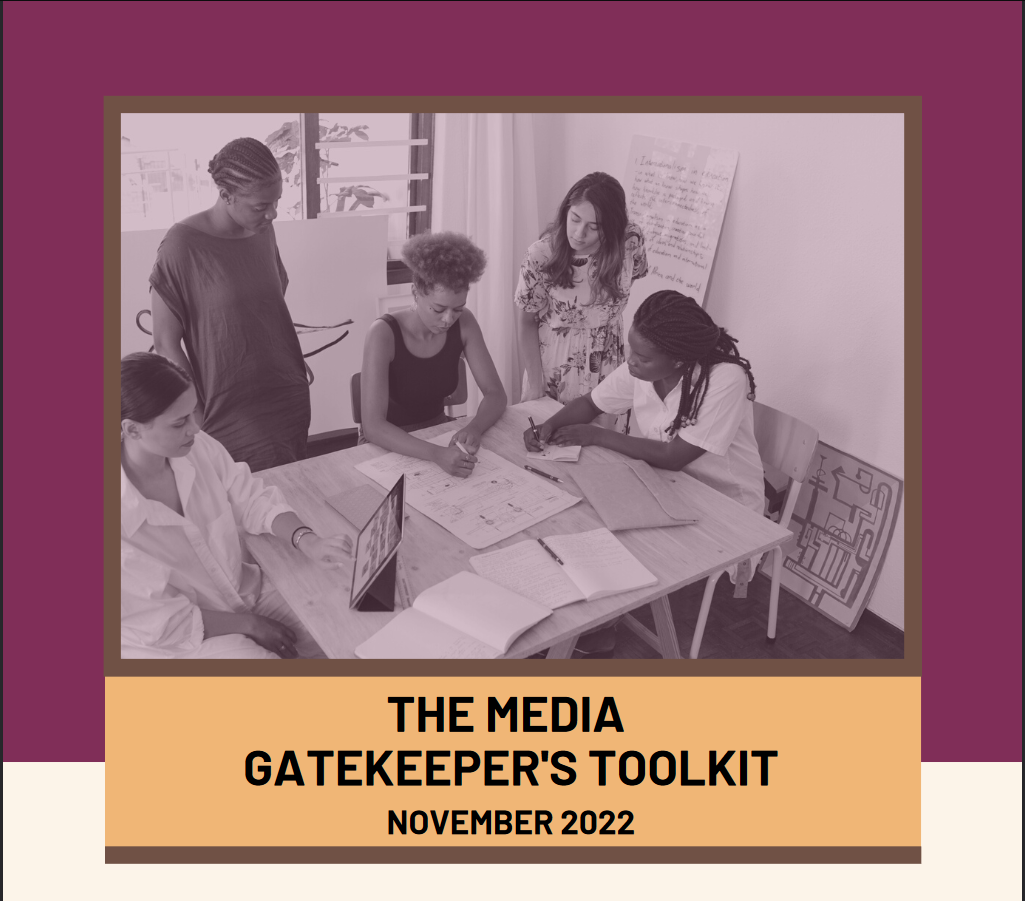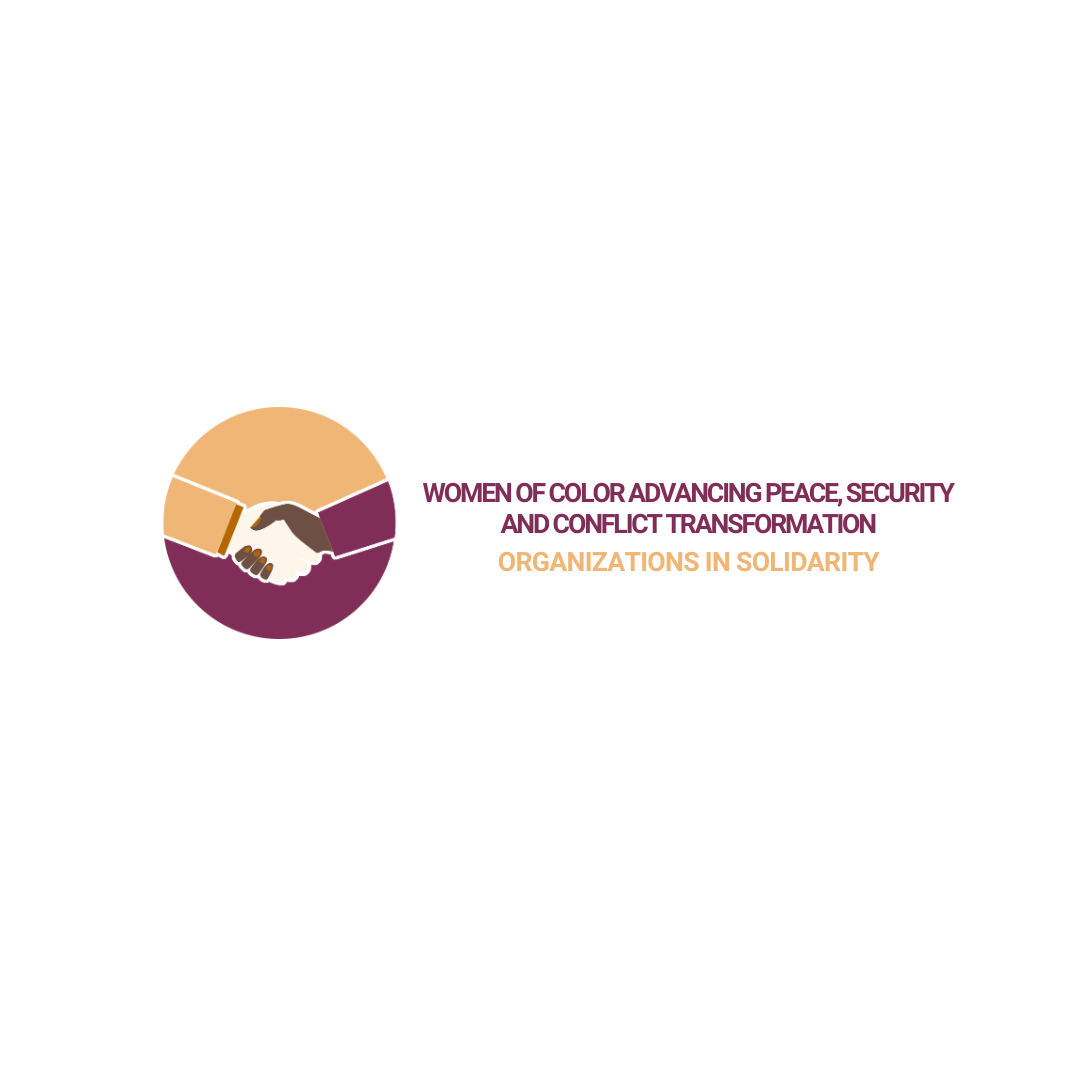
Equitable Investment: DEI Budget Recommendations for Nonprofits
Purpose: In the realm of nonprofit organizations, fostering diversity, equity, and inclusion (DEI) isn't just a moral imperative—it's also a strategic necessity. A dedicated DEI budget is crucial to fueling initiatives that go beyond rhetoric and truly drive positive change. However, it can be difficult to know where to start when contemplating a DEI budget.
Key content: This resource aims to delve beyond the compelling reasons why DEI budgeting is not just a moral imperative but a strategic necessity for non-profit organizations and provide guidance on how to implement DEI into their organizational budgets.

Enrichment Over Extraction: A case study of hiring local and low-income in the DMV
Purpose: The aim of this case study is to provide a foundation for peace and security organizations in the D.C., Maryland, and Virginia area to engage with local and low-income job seekers through organizations that support them.
Key content: This review highlights the significant impact of job training programs in empowering communities and low-income families. By equipping them with essential skills and knowledge, these programs play a vital role in helping individuals secure stable employment and break the cycle of poverty. In the DMV region (District of Columbia, Maryland, and Virginia), several initiatives have been established to address the unique challenges faced by community members and families in need. These initiatives not only provide practical skills but also instill a sense of self-confidence and a hopeful outlook for a better future.

Leading Change: Best Practices Guide to Empower Board Diversity
Purpose: This publication aims to create guidelines that reflect some of the best practices that organizations can adopt to diversify boards.
Key content: This publication examines challenges and opportunities organizations face in diversifying their boards and lays down concrete principles that organizations can incorporate and offers direction that board members can follow to ensure a diverse board.

Advancing Equity: Approaching Mentorship Workbook
Purpose: Along with its companion resources, Advancing Equity: Mentorship in Peace and Security and Approaching Mentorship Report, this workbook is intended to facilitate effective engagement of both long-time and aspiring mentees and mentors in a practice that can change the make-up and impact of our field: mentorship.
Key content: Effective mentorship improves the diversity of organizations and the professional experiences of and opportunities available to people of color. Organizations in Solidarity (OiS) created its Mentorship Hub to welcome, connect, and support its members and allies in making mentorship more accessible and of a higher quality within and across peace, security, and foreign policy disciplines, especially for people of color.

OiS Fair Recognition Best Practices Series #2: Demystifying Honorariums for Peace & Security Organizations
Purpose: This factsheet is intended to provide organizations in the peace and security space with guidelines and parameters that could aid them in institutionalizing policies on honorariums in their own organizations. As a relatively non-uniform practice in the peace and security space, this factsheet aims to demystify the honorarium process, making it easier for organizations to institutionalize honorariums, rather than working on an as-needed level.
Key Content: Included in this factsheet are how honorariums are connected to DEI, and key considerations for honorarium policies.

Opaque and Pervasive: Microaggressions in Peace and Security
Purpose: This project explores ways language and nonverbal communication can impact individuals and organizations. It examines opportunities to understand ways microaggressions serve to further structural inequalities, and develops next steps to realize the opportunities for social and organizational changes around these challenges. We also provide examples of how participants handle incidents of microaggressions, and share initial findings on how negative experiences affect psychological health and professional development.
Key content: This is the final report of a multi-year project that analyzes microaggressions in the language used across peace and security communities of practice.

Standing Against Racism and Discrimination: 2022 Survey Report
Purpose: This publication was released to provide an update on the activities of organizations and individuals who signed the Standing Together Against Racism and Discrimination Statements, US and UK WCAPs, that launched in June 2020.
Key content: The 2022 Survey Report contains a summary of data that breaks down the participants’ perspectives on our 12 commitments, and diversity issues and challenges.

Advancing Equity: Approaching Mentorship Guides
Purpose: Together with the Advancing Equity: Mentorship in Peace and Security report, we intend this guide to serve as a foundation of knowledge, support, and inspiration from which aspiring and long-time professionals in peace, security, and foreign policy can build life- and field-changing relationships through mentorship.
Key Content: In this guide, we clarify shared definitions of concepts and terminology necessary for mentorship, discuss the key similarities and differences in overlapping relationships, and provide a solid launching point for mentors and mentees alike.

Advancing Equity: Mentorship in Peace and Security
Purpose: This publication focuses on creating resources to understand and improve the landscape of mentorship.
Key content: In this report, we synthesize findings from original interviews and extensive research into what makes an effective DEI strategy, the impact of mentorship—particularly on people of color—and how to elevate equity-focused mentoring within the fields of peace, security, and foreign policy. We close with a recommendation to CRAVE mentoring opportunities by founding, joining, or supporting initiatives that: create opportunity for cross-identity contact; establish responsibility structures; cultivate social accountability for involvement; are voluntary; and engage participants in their evolution.

The Media Gatekeeper’s Toolkit
Purpose: To increase the voice share for peace and security experts of color in the media and other public spaces.
Key content: This toolkit includes tips, suggestions, and examples for various media communication settings (e.g., panels, press, and social media) to support people of color. It includes a discussion guide to create a starting point and have conversations with your organizations and colleagues.

Standing Against Racism and Discrimination: 2021 Survey Report
Purpose: This publication was released to provide an update on the activities of organizations and individuals who signed the Standing Together Against Racism and Discrimination Statements, US and UK WCAPs, that launched in June 2020.
Key content: The 2021 Survey Report contains a summary of data that breaks down the participants’ perspectives on our 12 commitments, and diversity issues and challenges.

Recognizing, Understanding, and Defining Systemic and Individual White Supremacy
Purpose: This paper examines white supremacy through a lens that aims to better and more inclusively define it systemically and individually.
Key content: White supremacist culture is a widespread ideology baked into beliefs, norms, and standards of groups, communities, towns, states, and nations that teaches people both overtly and covertly that whiteness holds intrinsic value. Each section of this paper explores the diverse social and policy implications that influence the creation and sustenance of white supremacy in human culture, systems, and social settings by exploring the historical foundations as well as implications domestically and internationally.

OiS Fair Recognition Best Practices Series #1: Understanding the Problem
Purpose: This guide is designed to help organizations consider how to implement fair recognition practices. It provides information on key issues to be considered, including terminology and why it matters, as well as how fair recognition may be defined and benefits it brings.
Key content: Fair Recognition’s Best Practices Series focuses on and provides best practice ideas to be explored in lieu of a step by step guidance on developing processes. Fair Recognition through the lens of compensation, career development and acknowledgment.

Standing Against Racism and Discrimination: Baseline Survey Report
Purpose: To provide a baseline of where organizational and individual signatories initially stand regarding their efforts to combat racism and discrimination and promote diversity, equity, and inclusion in their spaces, OrgsinSolidarity conducted this baseline survey. We also seek to understand what organizations are planning to do to implement the 12 commitments in the statement now and in the future.
Key content: Respondents give insights into their organizations on questions pertaining to the diversity of their workforce, diversity in leadership, developing a safe workspace for BIPOC employees, how they are actively elevating BIPOC voice in the media and through public engagements, as well as other inquiries.

